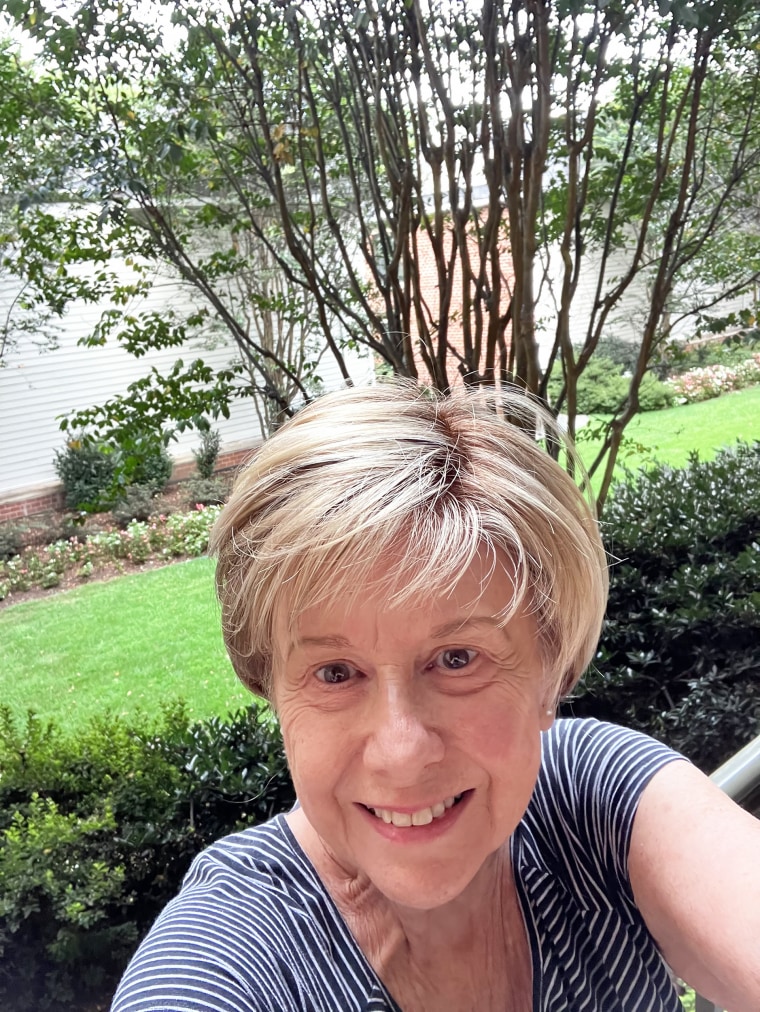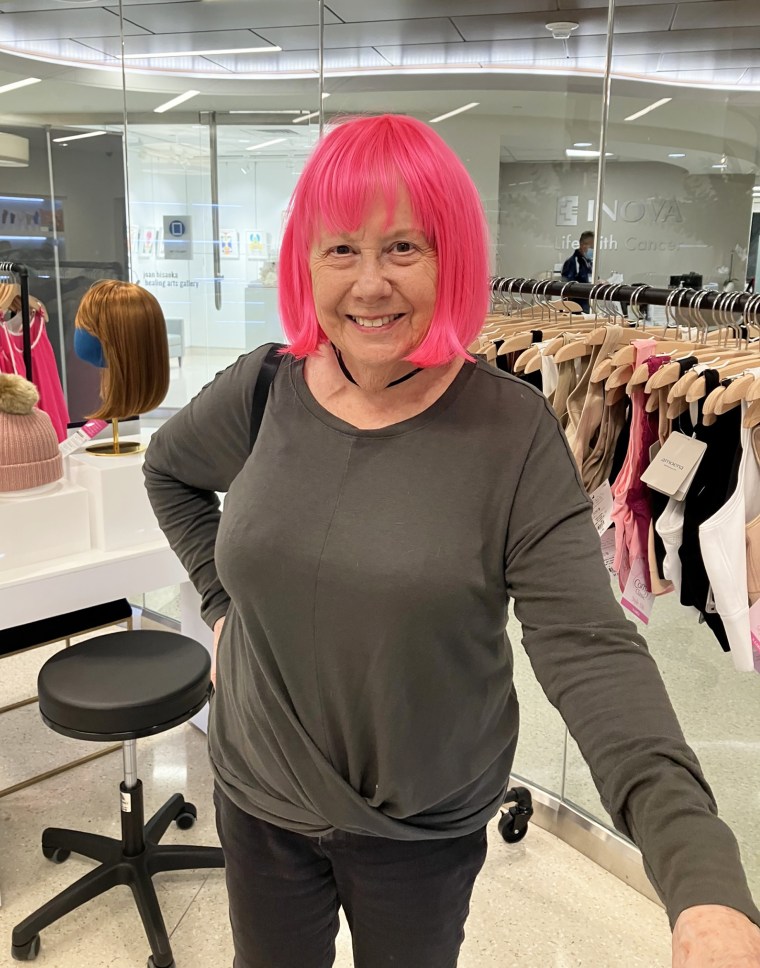Out of the blue in July 2022, Barbara Green woke up in the middle of the night itching all over — from the top of her head to the soles of her feet.
She’d had no health problems and led an active lifestyle traveling the world, practicing yoga, doing strength training and walking every day. The sudden itching was a mystery, but not a big worry.
Still, it was bothersome, and with the weekend coming up, she thought she’d ask her primary care doctor for something stronger than the over-the-counter cream she was using to try to get relief.
“I was just so itchy, like if you had a bug bite that really drives you crazy, but this is like a bug bite that’s spread to your entire body,” Green, 79, who lives in Falls Church, Virginia, tells TODAY.com.
“I thought the doctor was going to think I was a nut case for coming in because I was itchy.”

By this time, Green was alert for any other symptoms. At the appointment, she also mentioned that she noticed her urine seemed dark and her stools were light colored. She had no idea whether these signs were all connected, but her doctor suspected a liver issue and ordered blood tests.
The next day, a Saturday, the clinic called Green and told her the results showed her liver enzymes were dangerously high. She needed to go to an emergency room immediately.
At the hospital, CT scans showed a mass on her pancreas. The startling diagnosis: pancreatic cancer.
“I had no idea there was anything wrong with me. I thought I was perfectly fine,” Green says. “Everybody else seems to realize that pancreatic cancer is deadly. I didn’t even know that.”
Why itchy skin can be a pancreatic cancer symptom
Pancreatic cancer symptoms are often vague. People may feel stomach or back pain, but Green says she never felt any pain at all from the disease.
Itchiness can be a symptom if the pancreatic tumor blocks the bile duct, according to the American Cancer Society. That causes a buildup of bilirubin, a dark yellow-brown substance made in the liver that helps break down fats and eventually leaves the body in the stool.
When the bile duct is blocked, bilirubin builds up in the body, causing skin to itch and turn yellow. The same process turns urine dark and stools pale.
Occasional itchy skin is common, and most people diagnosed with pancreatic cancer won't experience this symptom, but progressive itching that intensifies over a few weeks and is accompanied by jaundice is something to bring to a doctor's attention, the Dana-Farber Cancer Institute notes.
Green is thankful to her primary care doctor for recognizing her symptoms.
“I’m not sure all doctors would have picked up on this. I think some of them might have dismissed me as a nut case,” she says. “He actually listened to what I was saying.”
She was eventually diagnosed with stage 4 pancreatic cancer that had spread to her omentum, an abdominal structure. A doctor told her the average patient dies within eight to 11 months after this diagnosis.
“It’s incredibly traumatic,” she says. “Almost no one in my family has ever had cancer of any kind. … I didn’t even know about stages of cancer.”

Beating the odds
Like most pancreatic cancer patients, Green wasn’t a candidate for surgery because the disease had already spread by the time it was discovered.
She quickly started one type of chemotherapy, then eventually switched to another that was more effective based on genetic testing of her tumor. She responded very well. By October 2023, the cancer had shrunk so small that it was barely visible on a scan.
Green has now started an oral maintenance therapy in place of the chemotherapy infusions. It’s been 15 months since she was told she had less than a year to live. After non-stop doctor’s appointments for her pancreatic cancer, she’s resumed her regular health checkups.
“It’s an odd situation to be in when you are prepared to die, but one day you wake up and think, I’m not dead,” she says. “Then you have to go back to thinking, I probably should go to the dentist.”
When Green was first diagnosed, she considered moving to Washington, D.C., which allows medical aid in dying. People with less than six months to live can ask their doctor for a prescription medication they can take to die in their sleep. Green was passionate about the issue even before her diagnosis, noting people should be able to choose a peaceful death rather than linger in suffering.
But she no longer plans to move because no one has ever told her she has less than six months left.
“I don’t know how long I might live. … I don’t think the doctors really know either,” she says. “I don’t seem to be dying on schedule.”
